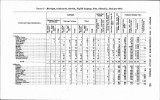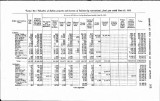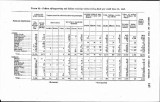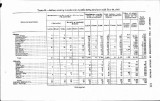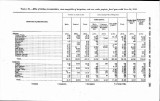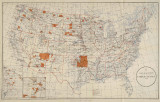| OCR Text |
Show illness, in order to secure them as helpers in cultivating and harvest-ing this crop. These boys live in tents in small communities in charge of a Government employee, who sees that hygienic, moral, and social conditions are carefully looked after. ' Through hearty cooperation between Indian-school superintendents and those in charge of reclamation and other projects, Indians are being given splendid opportunities for employment, of which they are availing themselves. Agreements are made with fruit growers and fruit companies for the harvesting of crops, and where cotton is grown Indiam are employed for picking this staple. In fact, many fields of domestic and industrial activity are being opened for Indians under conditions which promote their general welfare. PURCHASE OF SUPPLIES. The importance and necessity of exercising economy in expendi-tures is receiving the greatest consideration, and the practice of invit-ing propasah through warehouses and locally in advance of making purchases has been followed closely. Thus the bids obtained in large distributing centers and at factories, plus freight charges to points of consumption, are compared with local bids. This results in lower prices, due to increased competition, and opportunity is afforded to utilize as far as practicable the low freight rates which apply on Government shipments over land-grant railroads. The plan to have the disbursing officpr of the Interior Department pay claims covering supplies purchased through the warehouses in lieu of their settlement through the Treasury Department, after such claims have received administrative examination in the Indian Office, has effected a saving of time in the settlement of claims. During the fiscal year there were purchased for the Indian Service approximately $3,160,000 worth of goods and supplies. ENROLLMENT WITH INDIAN TRIBES. Applicants for enrollment with Indian tribes are required to fur-nish about the same ldnd of evidence as would be necessary to prove an inheritance before a court. The various Indian reservations have been established by Executive orders, laws, trsaties, or agreements with Indian tribes, and in many instances enrollment for participa-tion in land or other tribal benefits is limitsd by treaty stipulation, agreement, or special legislation, and varies accordingly. During the past fiscal year 128 persons have been enrolled at agen-cies or reservations throughout the United States, exclusive of the Five Civiliied Tribes, and 441 persons denied enrollment. In some instances tribal authorities and Indian Service officials have challenged the enrollment of persons, and these cases are now being investigated, either in the field or before the department. There |






























































